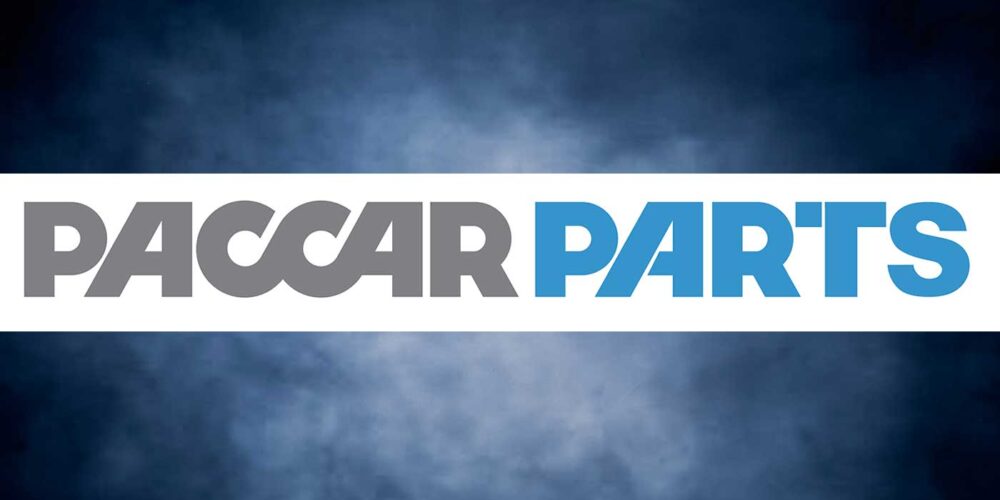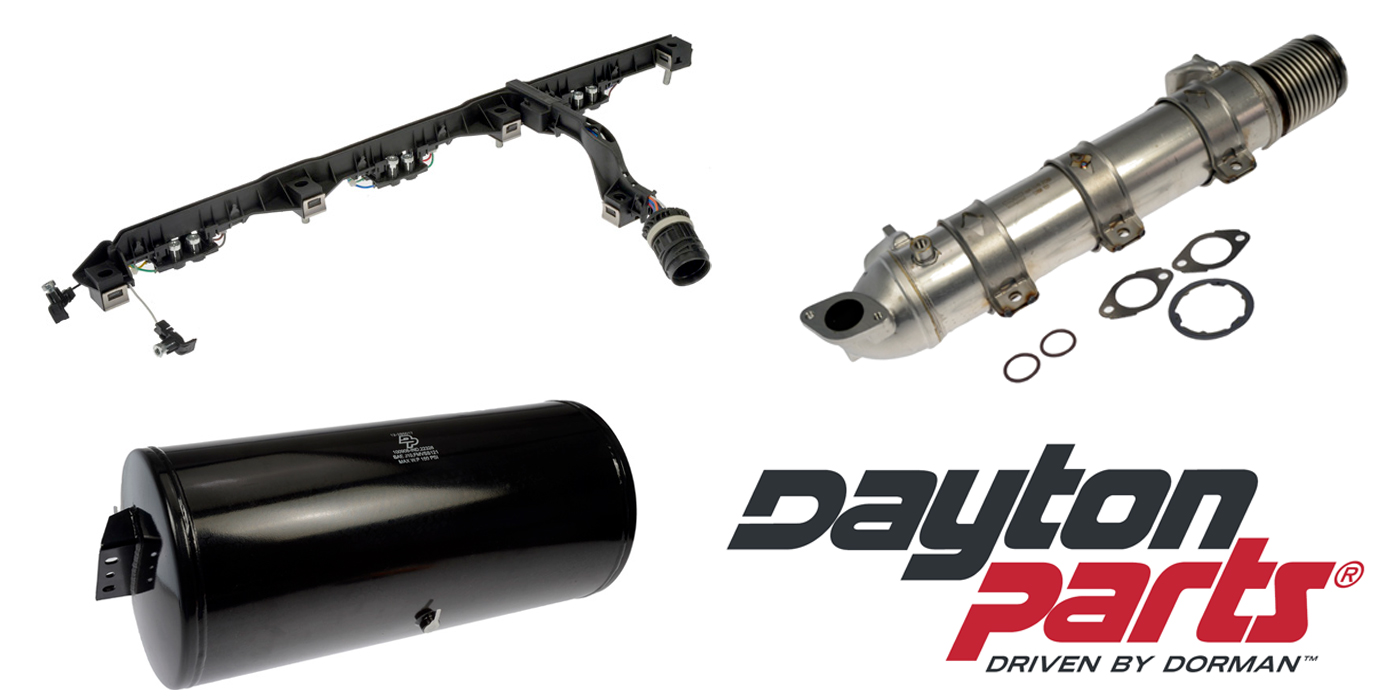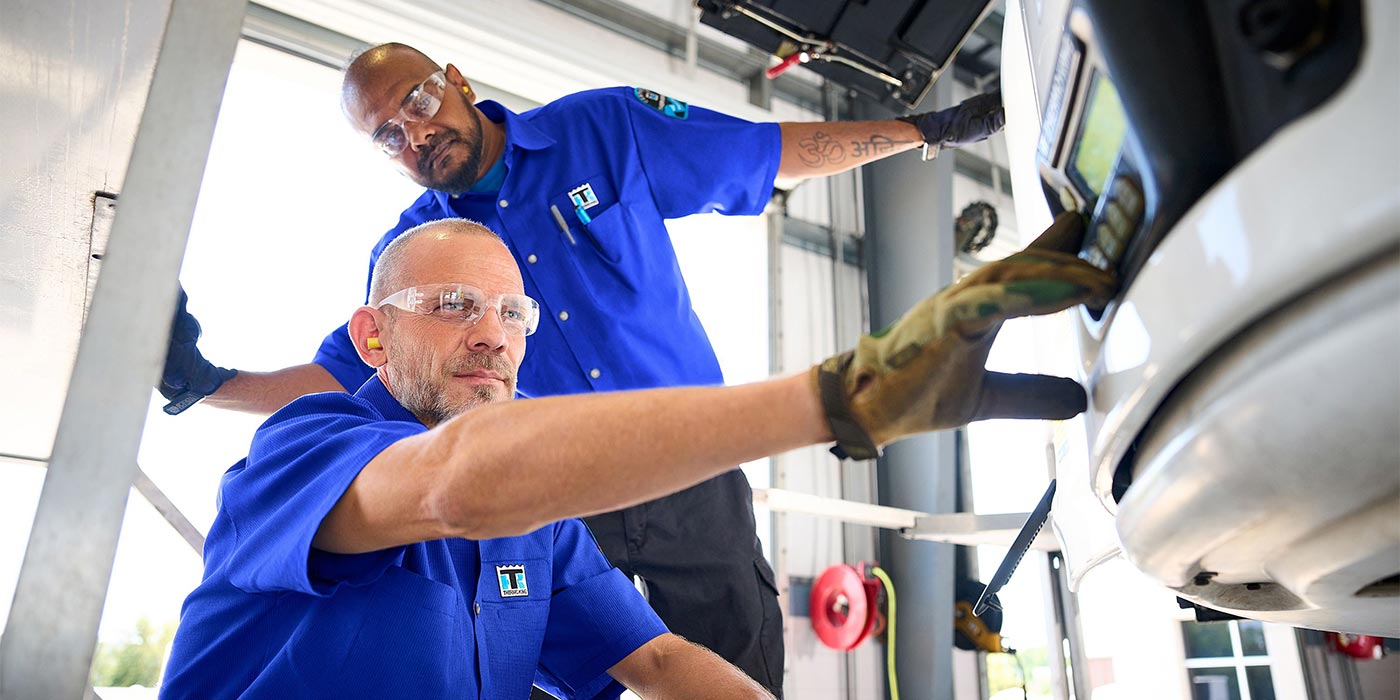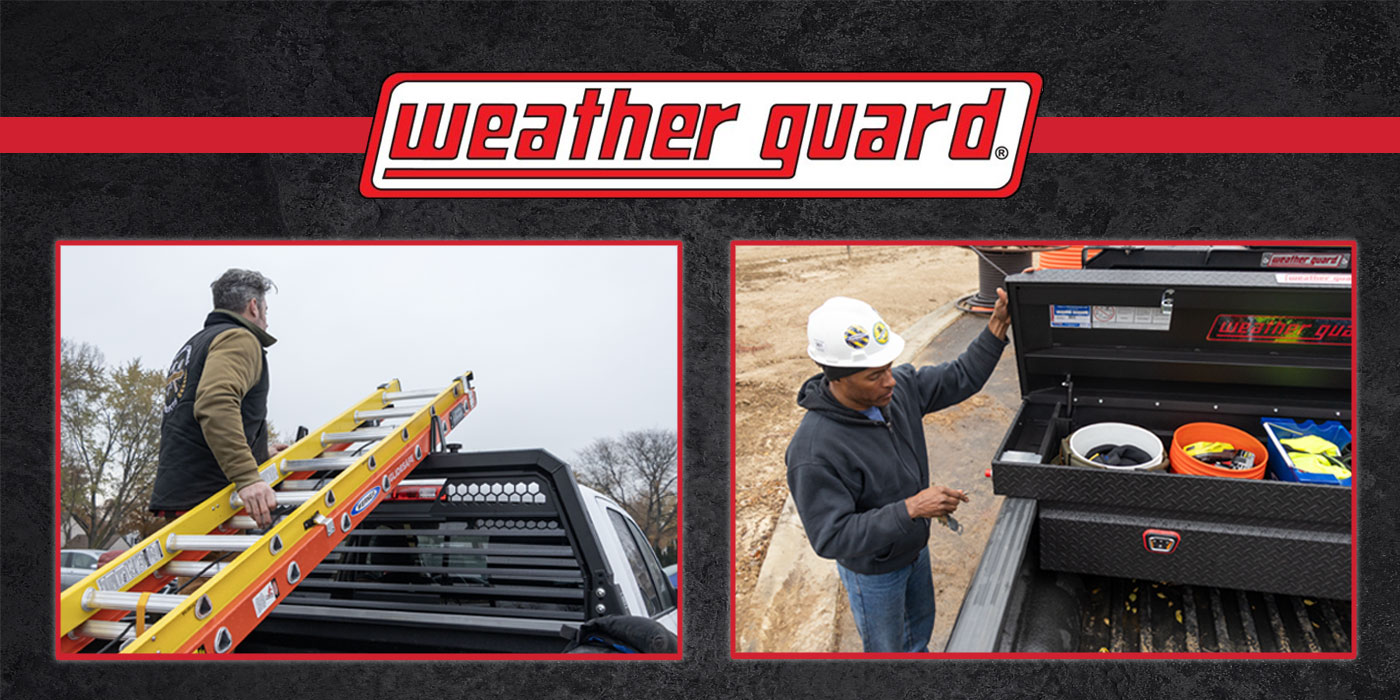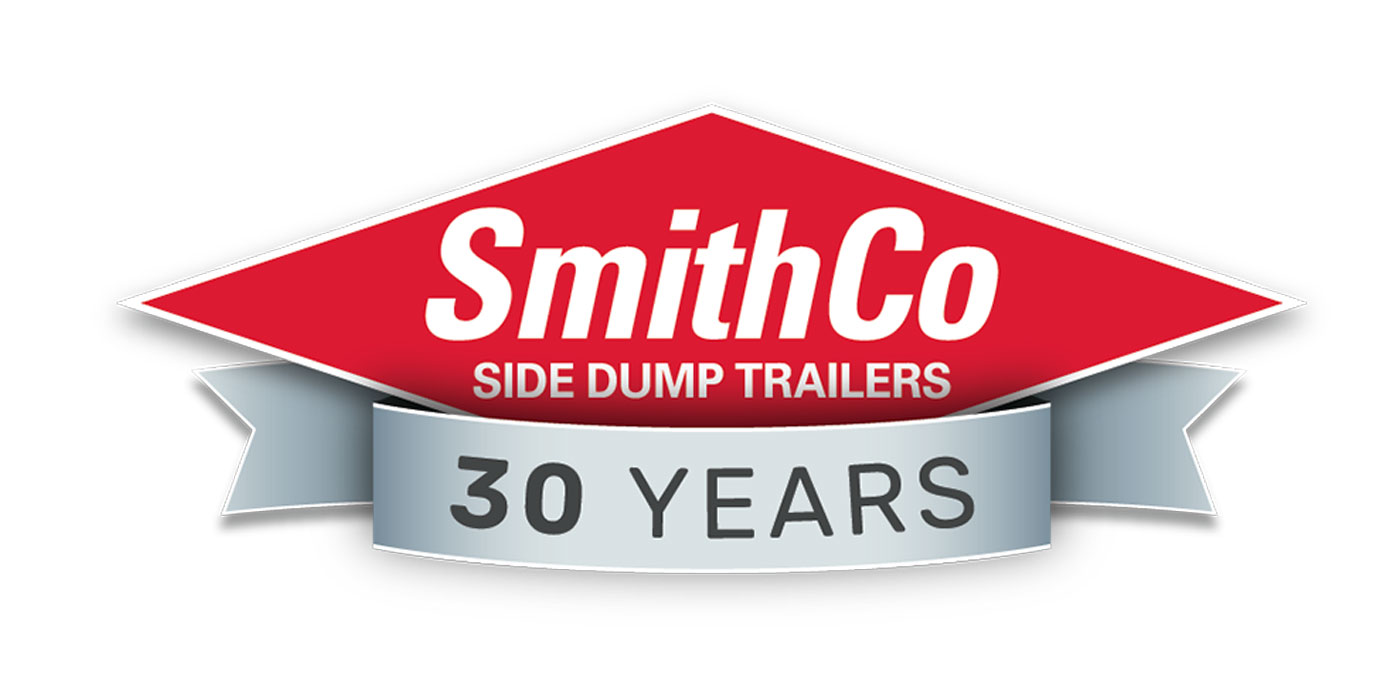The switch from low-sulfur diesel (LSD) to ultra low sulfur diesel (ULSD) fuel in the U.S. market is going much more smoothly than anticipated.
According to EPA requirements, retailers selling one grade of diesel fuel can downgrade 20 percent of ULSD fuel shipments and sell the fuel as LSD until next May. Retailers selling both grades of fuel can downgrade unlimited amounts to LSD over the same time frame.
There was so much initial concern that the Petroleum Marketers Association of America originally asked for a waiver because they feared that ULSD fuels having greater than 15 ppm sulfur would make up a significant portion of the market. They recently rescinded their waiver request.
Refiners are now producing more than 90 percent of on-highway diesel fuel as ULSD. Recently, the Natural Resources Defense Council and the Diesel Technology Forum jointly praised the ULSD retail rollout as an impressive bipartisan effort over two federal administrations.
ULSD fuel is arriving at terminals far below the 15 ppm requirement and well in advance of the EPA deadlines. Colonial Pipeline, which had earlier refused to transport Gulf Coast ULSD farther north than Fairfax, Va., recently began piping ULSD to Baltimore.
Clean diesel fuels are becoming an integral part of the emissions-reduction equation. Additionally, diesel fuels are being more widely accepted as part of the solution to dependence on foreign sources of energy. Diesel-fueled vehicles can do the same job (at similar emissions levels) as gasoline-fueled vehicles using 25 to 30 percent less fuel. Carbon dioxide emissions also are reduced.
Diesel is currently favored by both regulators and end users. Both groups realize that gaseous fuels (CNG and LNG) require expensive infrastructures, and retrofit costs are high. Biodiesel fuels offer promise, but both groups are concerned that feed stock differences have significant influences on biodiesel fuel quality. Engine builders and fleet operators are concerned that more research is necessary before biodiesel becomes a practical alternative.
So, diesel fuel might be the winner for the moment. It certainly has a plethora of supporters.
Younger U.S. car and truck buyers are ready to try diesel-fueled vehicles to reduce fuel consumption. J. D. Power and Associates recently projected sales of diesel-powered cars to triple in 10 years. (I suppose older car buyers still remember what Oldsmobile did for acceptance of diesel-fueled vehicles in the 1970s.)
Several urban bus fleets are accelerating purchases of diesel-fueled buses and slowing purchases of alternate-fueled units. They reason that, for a given number of dollars, they can purchase more new low-emissions diesel units and retire older, higher-emissions buses more rapidly. There are also some service issues. In Cleveland, CNG buses cost more to operate and spend more time in the shop than diesel units.
DaimlerChrysler will continue expanding its lineup of diesel-powered vehicles in the coming months. Volkswagen recently reintroduced its Touareg TDI, the first light-duty turbodiesel vehicle. Honda also announced plans to offer diesel-powered, light-duty vehicles within three years, and I’m sure there are more to come. As you already know, a considerable number of medium-duty diesel hybrid vehicles are currently being developed and tested.
Even regulators are emphasizing diesel-powered vehicles. The South Coast Air Quality Management District – the Los Angeles air quality regulator – recently unveiled an air quality management plan that calls for higher-quality diesel fuels. Currently, the California Air Re-sources Board diesel fuel spec calls for 15 ppm maximum sulfur levels and 47-48 Cetane number (higher Cetane is good). The SCAQMD is asking for a 5 ppm sulfur diesel fuel with a minimum 54 Cetane number.
Automakers and engine builders support the new fuel spec, since higher Cetane numbers improve combustion, lower emissions and improve performance. The latest “World-Wide Fuel Charter” produced by the world’s automakers and engine builders has proposed diesel fuel specs, asking for less than 10 ppm sulfur and a Cetane number greater than 50. The point of all these TLAs and FLAs is that refiners need to improve diesel fuel quality to reduce emissions, reduce emissions-system complexity and improve fuel economy. I agree; it means diesel fuel can be the dominant player for a longer period of time if quality is improved.





